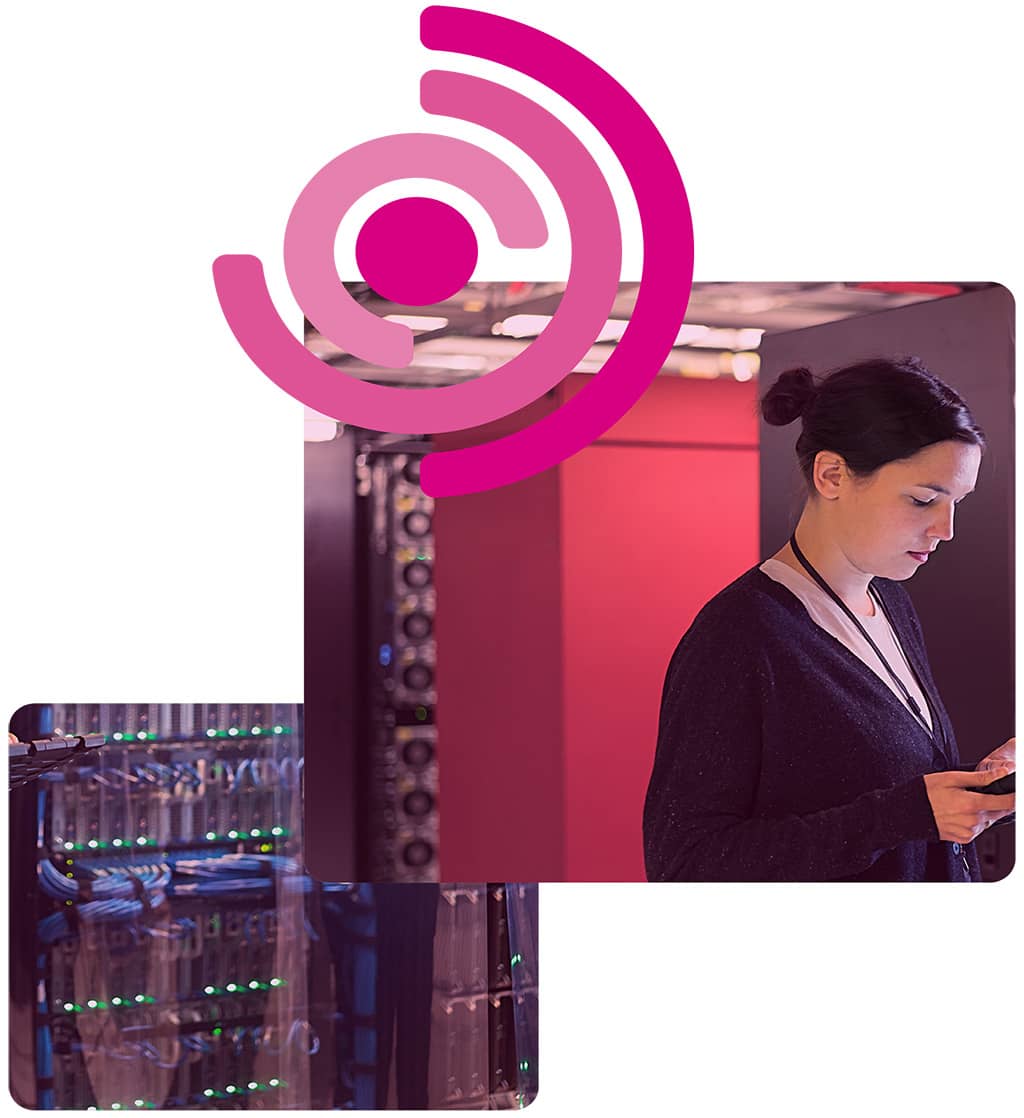Single Sign-On (SSO) is an authentication method that gives users access to multiple applications or systems with just one set of login credentials. Instead of needing to remember separate usernames and passwords for each service, users log in once and gain access to all authorised applications without the need for repeated authentication.
SSO simplifies the login process for both users and organisations, reducing password fatigue and improving security by limiting the number of passwords that need to be managed.
Key features of SSO include:
- Centralised authentication: Users enter their credentials once to access multiple systems or services.
- Multi-Factor Authentication (MFA) Integration: Many SSO systems integrate MFA as an additional security layer, requiring users to provide multiple forms of authentication (e.g., password and a verification code).
- User Provisioning & De-Provisioning: SSO can manage user accounts automatically across multiple systems when users join, leave, or change roles within an organization.
- Access Control & Policy Management: Administrators can define access policies, ensuring that users can only access certain applications based on their roles or other conditions.
- Single Logout (SLO): SSO solutions provide a feature where a user can log out once and be automatically logged out from all associated services.
- Audit & Logging: SSO technologies typically include auditing and logging capabilities to track user access across applications, aiding in compliance and incident response.
- Password Management: SSO reduces password fatigue by limiting the number of passwords a user has to remember, often enhancing overall password security.
SSO works by authenticating the user through a central identity provider. Once logged in, a token is created that grants the user access to other connected applications without needing to log in again.
SSO is commonly used by businesses, educational institutions, and other organisations to simplify access to cloud services and enterprise applications. Benefits of SSO include:
- Time-saving: Users save time by logging in just once rather than repeatedly entering credentials.
- Improved user experience: Reduces the need for users to remember multiple passwords, offering a seamless login process.
- Enhanced security: Minimises the risk of password-related vulnerabilities, as users only need to manage one strong password.
- Reduced password fatigue: Fewer passwords to manage decreases the likelihood of weak passwords being used.
- Streamlined IT management: Centralised authentication makes it easier for IT teams to administer, manage, audit and revoke user accounts and access.
SSO improves both user convenience and security, so it’s useful for a wide range of businesses. Today, many hackers will abuse insecurely stored passwords, forgotten or “dormant” accounts, or poor monitoring of systems.
By centralising account management, security, and monitoring into one place organisations can be confident that they have adequate visibility of their IT assets. If you want to protect your business against cyber threats, then get in touch and see how our cyber insurance services can help you.
